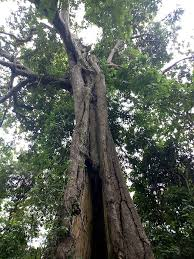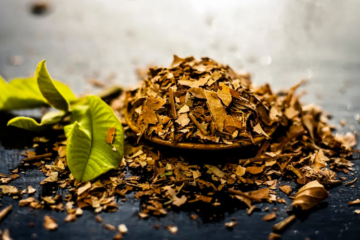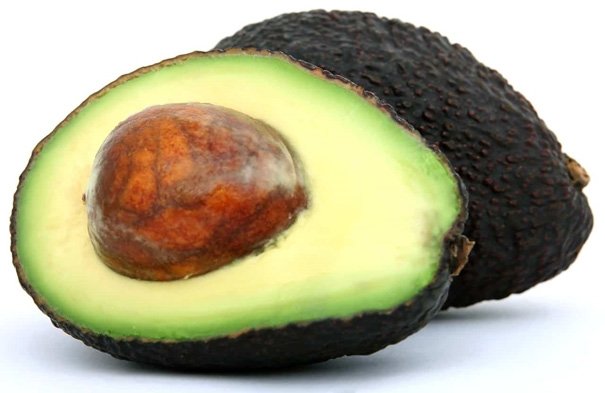Bark of the kolatier tree Used as an aphrodisiac to increase libido and sexual potency

The bark of the kolatier tree contains caffeine, theobromine and colatierine, alkaloids that stimulate the central nervous system. It also contains tannins, polyphenols and saponins, which have antioxidant, anti-inflammatory and antibacterial properties.
The bark of the kola tree is a rough, brownish scale that covers the trunk and branches of the tree. They are thick and brittle, and can measure up to 10 cm in length. The colour of the bark can vary from light to dark brown, depending on the age of the tree and growing conditions. The bark of the kola tree has been used in traditional African medicine for centuries. They are known for their stimulating and aphrodisiac properties. They are also used to treat diarrhoea, dysentery, fever and coughs. “I work at night and often find it hard to concentrate.
Since I’ve been taking kolatier bark as an herbal tea in the morning, I feel much more alert and efficient at work,” says Amadou Vigile. They contain caffeine, theobromine and colatierine, alkaloids that stimulate the central nervous system. They also contain tannins, polyphenols and saponins, which have antioxidant, anti-inflammatory and antibacterial properties. “I’m a student and I need all my concentration during exam periods. The kolatier bark helps me to concentrate better and memorise information”, explains Raoul.
To use the bark of the kolatier tree, it is usually dried and ground into a powder. The powder can be taken orally in the form of a herbal tea, decoction or capsule. It can also be applied to the skin as an ointment or poultice. “My relationship was falling apart due to a lack of desire on my part. It’s incredible how much kolatier bark has spiced up our sex life. It is important to note that kolatier bark can have side effects, such as insomnia, anxiety and heart palpitations. Pregnant or breast-feeding women, people with high blood pressure or heart problems and people taking medication should consult a doctor before using kolatier bark. “I’d been suffering from digestive problems for a long time. The kolatier bark tea has helped me to regulate my bowel movements and relieve my bloating”, explains Charles he bark of the kolatier tree is traditionally used as a stimulant to improve alertness, concentration and physical performance. The bark of the kolatier tree is also used as an aphrodisiac to increase libido and sexual potency. “I had erectile problems for several years.
Since I’ve been taking powdered kolatier bark, my libido has increased and I perform better in bed”, explains David, 55. The bark of the kolati tree is used to treat diarrhoea and dysentery thanks to its antibacterial and anti-inflammatory properties. The bark of the kolati tree is used to reduce fever thanks to its antipyretic properties. The bark of the kolatier is used to relieve coughs thanks to its expectorant properties. “I’m asthmatic and often have coughing fits. A decoction of kolatier bark helps to thin mucus and calm my cough. It is important to note that these testimonials are not scientific proof of the effectiveness of kolatier bark.
Further clinical studies are needed to confirm the therapeutic effects of this plant. However, kolatier bark can have side effects such as insomnia, anxiety and heart palpitations. Pregnant or breast-feeding women, people with high blood pressure or heart problems and people taking medication should consult a doctor before using kolatier bark.
Danielle NGO NGEN (Journalism student on internship)













